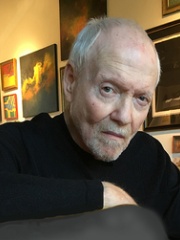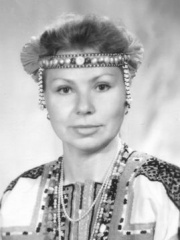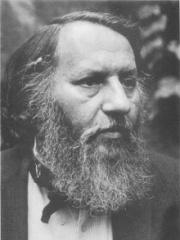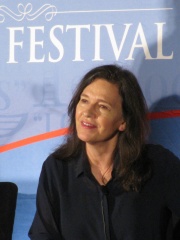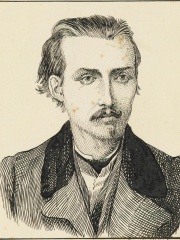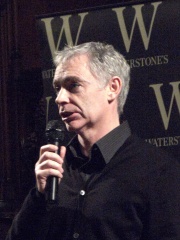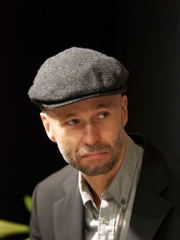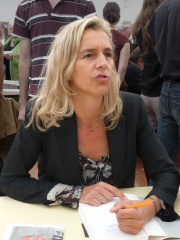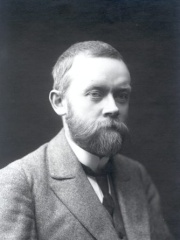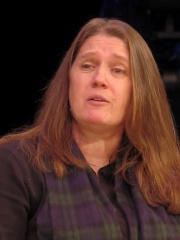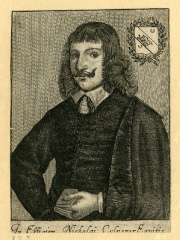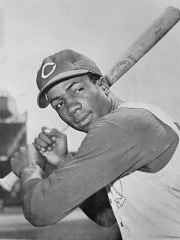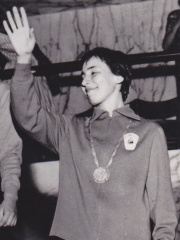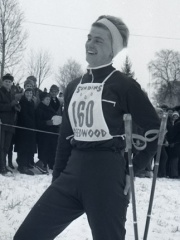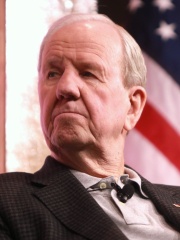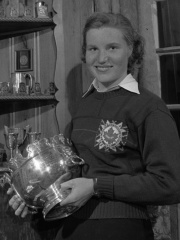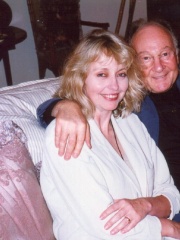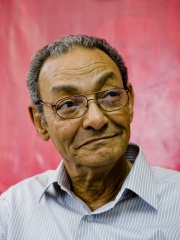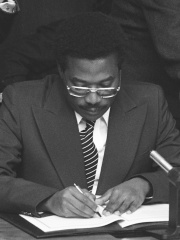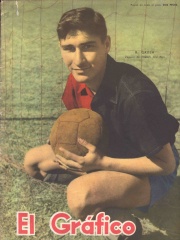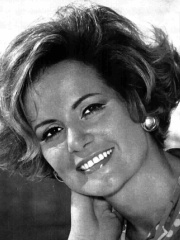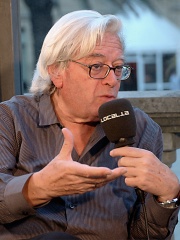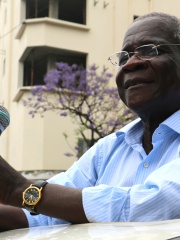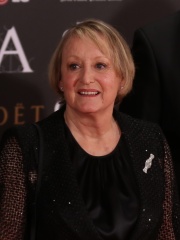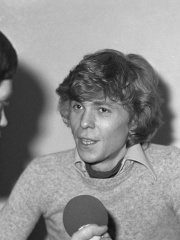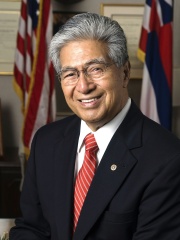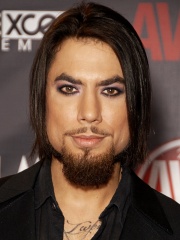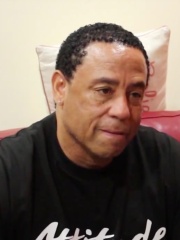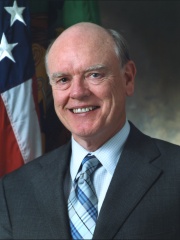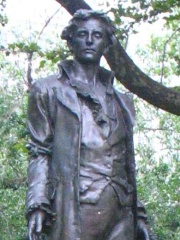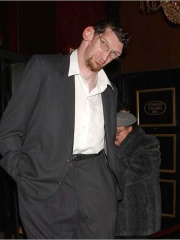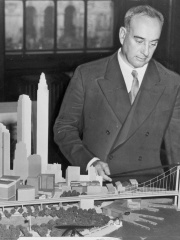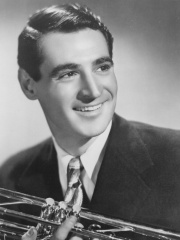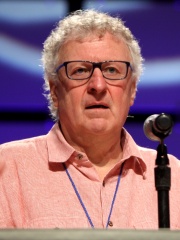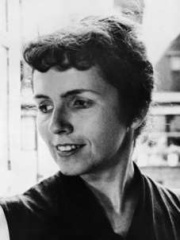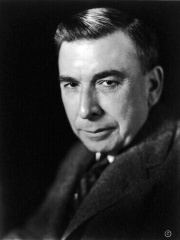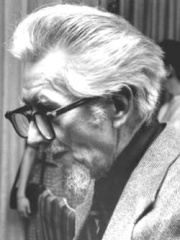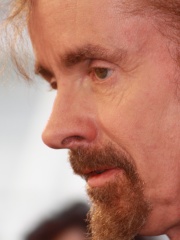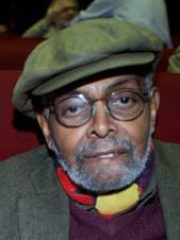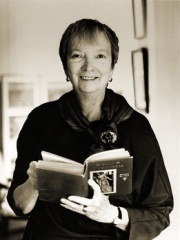Schriftsteller
Daniel Quinn
1935 - 2018
DE.WIKIPEDIA PAGE VIEWS (PV)
 Daniel Quinn
Daniel Quinn
Seine Biografie ist in 21 verschiedenen Sprachen auf Wikipedia verfügbar. Daniel Quinn ist der 5,670th beliebteste Schriftsteller (gestiegen vom 5,964th im Jahr 2024), die 9,225th beliebteste Biografie aus Vereinigte Staaten (gestiegen vom 9,608th im Jahr 2019) und der 676th beliebteste aus den Vereinigte Staaten Schriftsteller.
Memorability Metrics
Page views of Daniel Quinn by language
Among Schriftstellers
Among schriftstellers, Daniel Quinn ranks 5,670 out of 7,302. Before him are Mariz Kemal, Avram Davidson, Layamon, Louise Erdrich, Casimiro de Abreu, and Eoin Colfer. After him are Johan Theorin, Delphine de Vigan, Walter Anderson, Richard Llewellyn, Mary L. Trump, and Nicholas Culpeper.
Most Popular Schriftstellers in Wikipedia
Go to all RankingsMariz Kemal
1950 - Present
HPI: 53.82
Rank: 5,664
Avram Davidson
1923 - 1993
HPI: 53.82
Rank: 5,665
Layamon
1200 - 1300
HPI: 53.82
Rank: 5,666
Louise Erdrich
1954 - Present
HPI: 53.82
Rank: 5,667
Casimiro de Abreu
1839 - 1860
HPI: 53.81
Rank: 5,668
Eoin Colfer
1965 - Present
HPI: 53.81
Rank: 5,669
Daniel Quinn
1935 - 2018
HPI: 53.81
Rank: 5,670
Johan Theorin
1963 - Present
HPI: 53.81
Rank: 5,671
Delphine de Vigan
1966 - Present
HPI: 53.81
Rank: 5,672
Walter Anderson
1885 - 1962
HPI: 53.81
Rank: 5,673
Richard Llewellyn
1906 - 1983
HPI: 53.81
Rank: 5,674
Mary L. Trump
1965 - Present
HPI: 53.81
Rank: 5,675
Nicholas Culpeper
1616 - 1654
HPI: 53.81
Rank: 5,676
Contemporaries
Among people born in 1935, Daniel Quinn ranks 437. Before him are Frank Robinson, Maria Vicol, Takashi Ishimoto, Barbro Martinsson, Charles Grimes, and Alberto Mariotti. After him are Gerald R. Molen, Lucile Wheeler, Paul A. Rothchild, Bahaa Taher, Leonel Mário d'Alva, and Jorge Griffa. Among people deceased in 2018, Daniel Quinn ranks 432. Before him are Giuliana Calandra, Arthur Schnabel, Kate Wilhelm, Antonio Mercero, Cliff Bourland, and Afonso Dhlakama. After him are Mac Miller, Yvonne Blake, Jürgen Marcus, Brigitte Ahrenholz, Branislav Pokrajac, and Daniel Akaka.
Others Born in 1935
Go to all RankingsFrank Robinson
BASEBALL PLAYER
1935 - 2019
HPI: 53.92
Rank: 431
Maria Vicol
FENCER
1935 - 2015
HPI: 53.90
Rank: 432
Takashi Ishimoto
ATHLETE
1935 - 2009
HPI: 53.88
Rank: 433
Barbro Martinsson
SKIER
1935 - Present
HPI: 53.85
Rank: 434
Charles Grimes
ATHLETE
1935 - 2007
HPI: 53.83
Rank: 435
Alberto Mariotti
SOCCER PLAYER
1935 - Present
HPI: 53.81
Rank: 436
Daniel Quinn
WRITER
1935 - 2018
HPI: 53.81
Rank: 437
Gerald R. Molen
PRODUCER
1935 - Present
HPI: 53.77
Rank: 438
Lucile Wheeler
SKIER
1935 - Present
HPI: 53.76
Rank: 439
Paul A. Rothchild
PRODUCER
1935 - 1995
HPI: 53.75
Rank: 440
Bahaa Taher
WRITER
1935 - 2022
HPI: 53.74
Rank: 441
Leonel Mário d'Alva
POLITICIAN
1935 - Present
HPI: 53.74
Rank: 442
Jorge Griffa
SOCCER PLAYER
1935 - 2024
HPI: 53.74
Rank: 443
Others Deceased in 2018
Go to all RankingsGiuliana Calandra
ACTOR
1936 - 2018
HPI: 53.95
Rank: 426
Arthur Schnabel
ATHLETE
1947 - 2018
HPI: 53.92
Rank: 427
Kate Wilhelm
WRITER
1928 - 2018
HPI: 53.87
Rank: 428
Antonio Mercero
FILM DIRECTOR
1936 - 2018
HPI: 53.86
Rank: 429
Cliff Bourland
ATHLETE
1921 - 2018
HPI: 53.85
Rank: 430
Afonso Dhlakama
POLITICIAN
1953 - 2018
HPI: 53.85
Rank: 431
Daniel Quinn
WRITER
1935 - 2018
HPI: 53.81
Rank: 432
Mac Miller
SINGER
1992 - 2018
HPI: 53.78
Rank: 433
Yvonne Blake
DESIGNER
1940 - 2018
HPI: 53.78
Rank: 434
Jürgen Marcus
SINGER
1948 - 2018
HPI: 53.75
Rank: 435
Brigitte Ahrenholz
ATHLETE
1952 - 2018
HPI: 53.74
Rank: 436
Branislav Pokrajac
HANDBALL PLAYER
1947 - 2018
HPI: 53.69
Rank: 437
Daniel Akaka
POLITICIAN
1924 - 2018
HPI: 53.68
Rank: 438
In Vereinigte Staaten
Among people born in Vereinigte Staaten, Daniel Quinn ranks 9,227 out of NaN. Before him are Avram Davidson (1923), Louise Erdrich (1954), Dave Navarro (1967), Amy Yasbeck (1962), DJ Yella (1967), and John W. Snow (1939). After him are Nathan Hale (1755), Matthew McGrory (1973), Robert Moses (1888), Mary L. Trump (1965), Ray Anthony (1922), and Peter Jurasik (1950).
Others born in Vereinigte Staaten
Go to all RankingsAvram Davidson
WRITER
1923 - 1993
HPI: 53.82
Rank: 9,221
Louise Erdrich
WRITER
1954 - Present
HPI: 53.82
Rank: 9,222
Dave Navarro
MUSICIAN
1967 - Present
HPI: 53.82
Rank: 9,223
Amy Yasbeck
ACTOR
1962 - Present
HPI: 53.82
Rank: 9,224
DJ Yella
SINGER
1967 - Present
HPI: 53.82
Rank: 9,225
John W. Snow
POLITICIAN
1939 - Present
HPI: 53.81
Rank: 9,226
Daniel Quinn
WRITER
1935 - 2018
HPI: 53.81
Rank: 9,227
Nathan Hale
MILITARY PERSONNEL
1755 - 1776
HPI: 53.81
Rank: 9,228
Matthew McGrory
ACTOR
1973 - 2005
HPI: 53.81
Rank: 9,229
Robert Moses
ARCHITECT
1888 - 1981
HPI: 53.81
Rank: 9,230
Mary L. Trump
WRITER
1965 - Present
HPI: 53.81
Rank: 9,231
Ray Anthony
MUSICIAN
1922 - Present
HPI: 53.81
Rank: 9,232
Peter Jurasik
ACTOR
1950 - Present
HPI: 53.81
Rank: 9,233
Among Schriftstellers In Vereinigte Staaten
Among schriftstellers born in Vereinigte Staaten, Daniel Quinn ranks 676. Before him are David Peoples (1940), Kate Wilhelm (1928), Grace Paley (1922), Scott O'Dell (1898), Avram Davidson (1923), and Louise Erdrich (1954). After him are Mary L. Trump (1965), Booth Tarkington (1869), Frank Belknap Long (1901), T. C. Boyle (1948), Amiri Baraka (1934), and Madeleine L'Engle (1918).
David Peoples
1940 - Present
HPI: 53.87
Rank: 670
Kate Wilhelm
1928 - 2018
HPI: 53.87
Rank: 671
Grace Paley
1922 - 2007
HPI: 53.83
Rank: 672
Scott O'Dell
1898 - 1989
HPI: 53.82
Rank: 673
Avram Davidson
1923 - 1993
HPI: 53.82
Rank: 674
Louise Erdrich
1954 - Present
HPI: 53.82
Rank: 675
Daniel Quinn
1935 - 2018
HPI: 53.81
Rank: 676
Mary L. Trump
1965 - Present
HPI: 53.81
Rank: 677
Booth Tarkington
1869 - 1946
HPI: 53.81
Rank: 678
Frank Belknap Long
1901 - 1994
HPI: 53.76
Rank: 679
T. C. Boyle
1948 - Present
HPI: 53.73
Rank: 680
Amiri Baraka
1934 - 2014
HPI: 53.72
Rank: 681
Madeleine L'Engle
1918 - 2007
HPI: 53.72
Rank: 682
